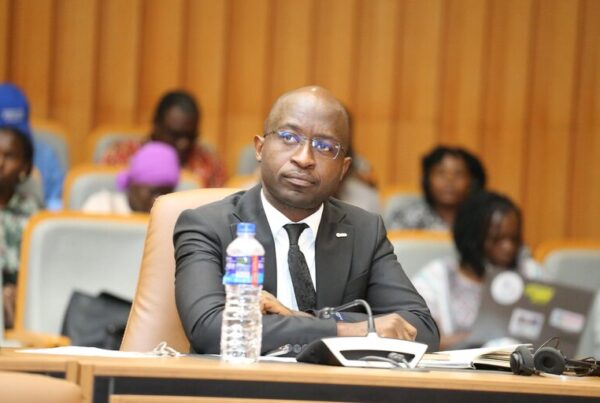Honourable Chairperson and Commissioners of the African Commission on Human and Peoples’ Rights,
Honourable State Delegates,
Distinguished colleagues,
Ladies and Gentlemen,
The Institute for Human Rights and Development in Africa would like to congratulate the Commission for being able, once again, to organise its Ordinary Session virtually despite the COVID-19 pandemic.
We would like to bring to the attention of the Commission the plight of many children who are engaged in forced labour in the Republic of Ghana.
Thousands of boys are forced to work on the Volta Lake as slaves to fishermen on the Lake. Many of them are sold by their parents for as low as $250. The International Justice Mission puts the number of children working in the fishing industry in Ghana at 50,000, with most of these children working on the Volta Lake. The children perform tasks such as paddling canoes, removing nets stuck on tree branches in the lake, scooping water from leaking canoes among others. This work puts a lot of the boys at risk of permanent injury and death.
IHRDA has recently spoken to some of the boys who have been rescued with some of them having been sold by their parents and starting to work in the fishing industry as young as four (4) years old. These children working on the lake do not attend school and are instead made to work for as much as twelve (12) hours every day. Many of the children told us about how they saw other children die in the perilous conditions of the work. They told us about how children who die are simply buried at the bank of the lake and other children bought to take up their place on the fishing canoes.
Our investigations in Ghana also revealed that many of the perpetrators of this slavery are not prosecuted and there is a lack of effective investigations to bring perpetrators to justice. In at least one case where the perpetrators were charged to Court, the Office of the Attorney General of Ghana issued a nolle prosequi to terminate the prosecution of the accused persons and the accused persons were left to roam free, and be able to enslave more children. The Government of the Republic of Ghana has simply not done enough to end this harmful practice.
This phenomenon is in violation of articles 5, 17, 18(3), 1 and 7 of the African Charter on Human and Peoples’ Rights, as well as several provisions of the African Charter on the Rights and Welfare of the Child. To this end, we urge the Commission to engage the Government of the Republic of Ghana to end these harmful practices. We also invite the Commission to liaise with the African Committee of Experts on the Rights and Welfare of the Child (the Committee) in its engagement with the Government of Ghana on the issue, in accordance with the Commission’s 2009 resolution on engaging with the Committee to address issues affecting children.
We also ask the Government of Ghana to comply with its international human rights obligations and thus:
- put an end to the practice of child labour, especially in the fishing and mining industries;
- effectively investigate all cases of child trafficking, exploitation and labour and bring all perpetrators to justice;
- provide rehabilitation and access to education for all children who have been trafficked and subjected to child labour.
Thank you for your attention.







